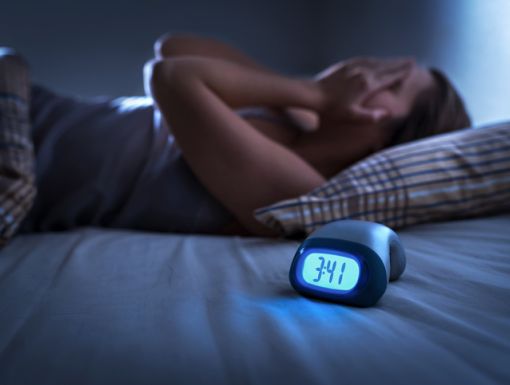
14 Top Signs of Sleep Apnea You Need to Know
If you sleep next to a loud snorer, you know the feeling of wanting to elbow the person in the middle of the night to make it stop. But what if the loud snoring and restless nights are actually a sign of sleep apnea? From common symptoms to recommended treatment options, here is everything to know about this common condition.
How is sleep apnea defined?
Obstructive sleep apnea is a common and significant sleep disorder that causes one to stop breathing during sleep. The muscles of the upper airway relax when you fall asleep. The upper airway can repeatedly become blocked, limiting the amount of air that reaches the lungs, contributing to loud snoring, choking or air gasping. Someone does not have to snore to still have sleep apnea.
What are the symptoms of sleep apnea?
Symptoms of untreated sleep apnea include:
- non-refreshing sleep
- snoring
- silent breathing pauses
- choking or gasping while asleep
- interrupted sleep
- morning headaches
- dry mouth upon awakening
- difficulty staying asleep or returning to sleep
- nocturia (urination at nighttime)
- irritability
- memory impairment
- lack of energy
- daytime sleepiness or tiredness
- decreased libido
What are the risk factors?
Some risk factors that may predispose one to sleep apnea include
- being overweight or obese (BMI greater than 30)
- having a neck circumference greater than 17 inches in men or 16 inches in women
- family history
- being a man
- being middle-aged to older
- having other medical conditions associated with untreated sleep apnea
How does sleep apnea effect sleep?
The repetitive episodes of drops in oxygen and arousals can disrupt one’s sleep and cause the body to work harder during sleep. The body wakes up numerous times throughout the night, even though one might not be conscious of each awakening.
Does sleep apnea effect other conditions?
Moderate to severe sleep apnea has a higher risk of negative cardiovascular outcomes, such as a heart attack. Sleep apnea is associated with coronary heart disease, stroke, pre-diabetes and diabetes, dementia, PTSD and hypertension.
How is sleep apnea treated?
Sleep apnea is a treatable medical condition. The best treatment is positive airway pressure therapy (Autopap, CPAP or Bipap), which essentially acts as a mechanical airway splint to keep one’s upper airway open and ensure adequate oxygen levels.
Alternative options include a dental oral appliance fit by a dentist specializing in this treatment or weight loss and surgical options. Positional therapy (side sleep) remedies and devices are also available.
If you think you are suffering from sleep apnea, consultation with a sleep specialist is recommended.
Learn more about sleep disorder treatment at Ochsner.

